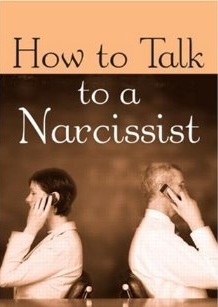Off DeWall: When Social Connections Induce Fatigue
I love feeling connected and writing about connections. And for good reason; my mental and physical health depend in large part on my social connections; my writing about social connections helps pay my bills. But can the benefits of social connection boomerang, leaving people worse off than when they were on their own?
I started my day having meetings with my graduate students back at the University of Kentucky. We met over Skype, which enabled us to see each other and hear each other through the use of our web cameras. My first meeting was at 6am (2pm Eastern time), and the second meeting took place at 7am (3pm Eastern time). As usual, they meetings were stimulating, engaging, and inspiring. Next, I wrote for an hour, walked to school with Tom Denson, wrote for two more hours, and then went to lunch. After lunch, I emailed, called a couple of people back home, and did some more writing.
By the time early afternoon rolled around, I was exhausted. I had been so connected to others the entire day that I had worn myself out. I went home with aspirations to go to the gym and cool off in the ocean. I took a nap instead.

 Have you ever known someone who loved himself? I’m not talking about the usual positive self-feelings people have. I’m talking about the guy who has a literal addiction to fame, constantly self-promotes, feels entitled to special treatment, and needs to have everyone gawk at how good looking he is. We all know people like this. They’re what we psychologists call narcissists. Narcissism is on the rise in the United States. American have never loved themselves more than they do now. But is this boost in narcissism isolated to Americans? Today, I learned that narcissism isn’t limited to Americans.
Have you ever known someone who loved himself? I’m not talking about the usual positive self-feelings people have. I’m talking about the guy who has a literal addiction to fame, constantly self-promotes, feels entitled to special treatment, and needs to have everyone gawk at how good looking he is. We all know people like this. They’re what we psychologists call narcissists. Narcissism is on the rise in the United States. American have never loved themselves more than they do now. But is this boost in narcissism isolated to Americans? Today, I learned that narcissism isn’t limited to Americans.